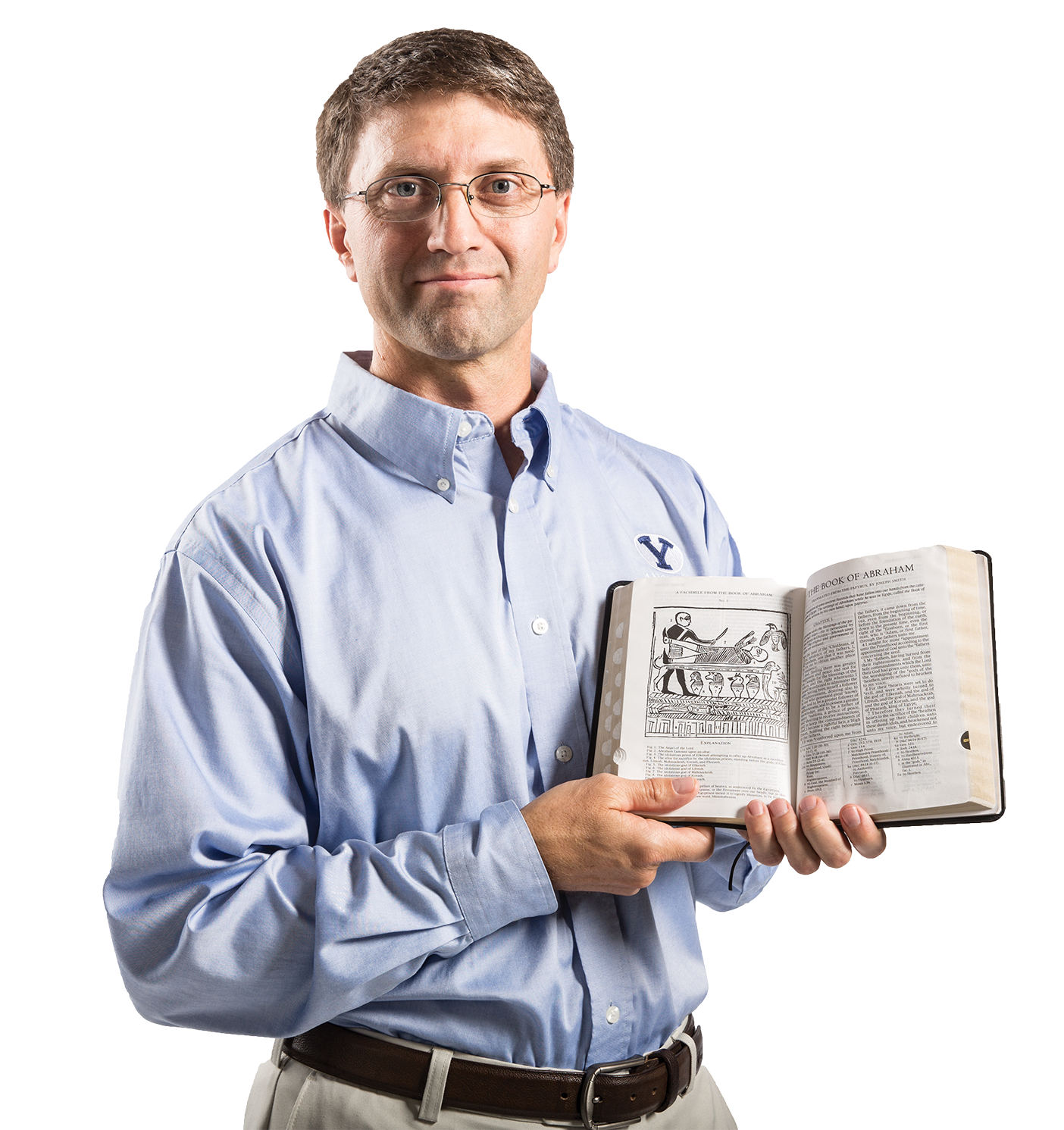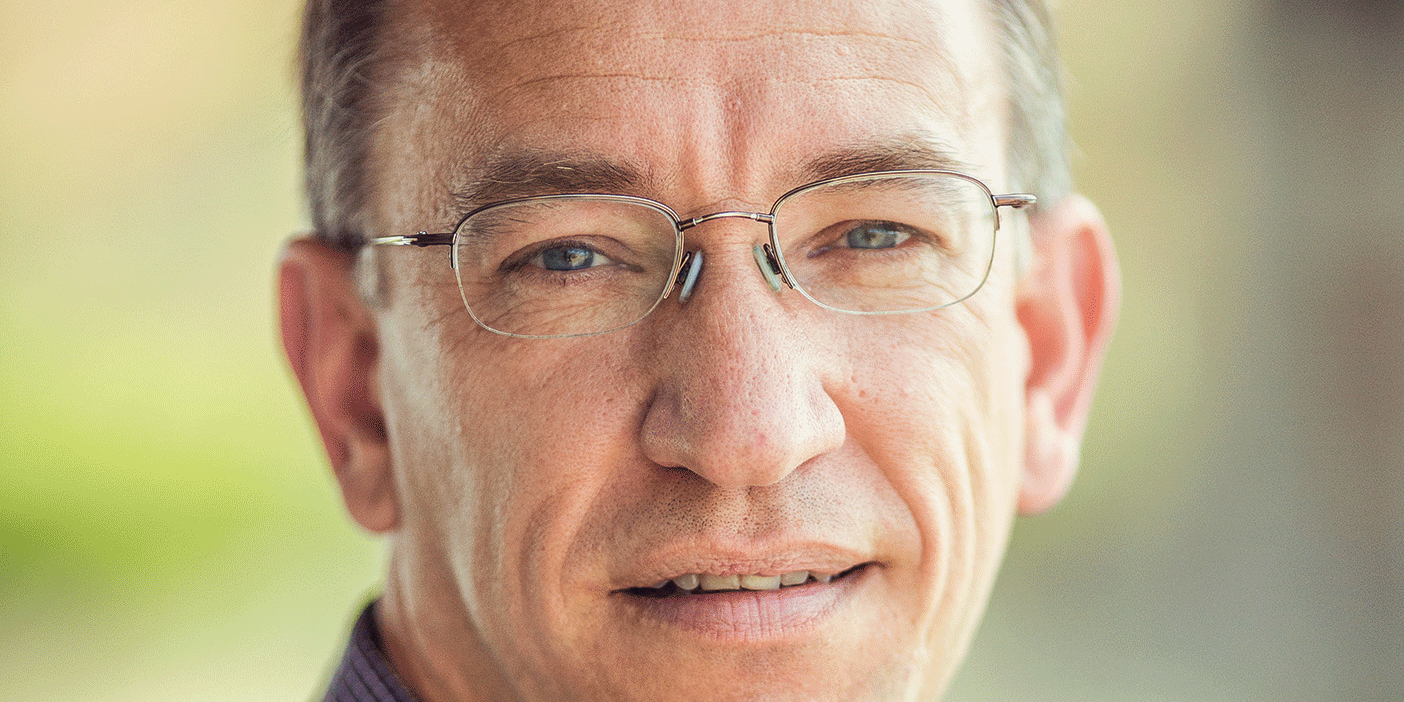Ancient scripture professor Kerry M. Muhlestein (BS ’94, MA ’97) believes in the value of asking questions—even the tough ones. Muhlestein, who directs the BYU Egypt Excavation Project and is vice president of the Society for the Study of Egyptian Antiquities, recently published a chapter about the Book of Abraham in A Reason for Faith: Navigating LDS Doctrine & Church History. Rather than diminishing faith, he says, questioning can build testimony when combined with diligent study and respect for revelation.

Q: Is it blind faith to say, “I don’t fully understand, but I still believe”?
A: God gives to us “line upon line, precept upon precept” (Isa. 28:10) for a reason: because we can’t go faster than that with our limited mental, emotional, and spiritual capacity. I’ve had enough experiences with God to know that He knows what He’s talking about, that He has my best interest at heart, and that He knows better than I do. So I can trust Him on things that I’m not capable of understanding yet or that He has not yet seen fit to reveal. That’s not blind faith—that’s experiential judgment.
Q: How has reason-based inquiry enhanced your faith?
A: The Book of Abraham and Facsimile 1 depict a priest who plans to kill Abraham with a knife. Because I believe it is inspired scripture, I accept that. We also find many ancient traditions—early Jewish, Christian, and Muslim traditions—that talk about him nearly being sacrificed and being miraculously saved. But they all say that he was going to be burned—[an] interesting [contradiction]. Then as I was doing research on human sacrifice in ancient Egypt, I realized they did it in the same way you would an animal sacrifice or burnt offering—you kill the animal with a knife and then burn it. The academic process allowed me to make more sense of this scriptural story.
Q: What’s important to remember when seeking?
A: It’s great to ask questions, but we should ask them from a perspective of faith. Too many of us prioritize [the academic process] higher than revelation. Revelation is a more trustworthy and completely valid source of learning. Remembering this can guide us through many a thorny path.











